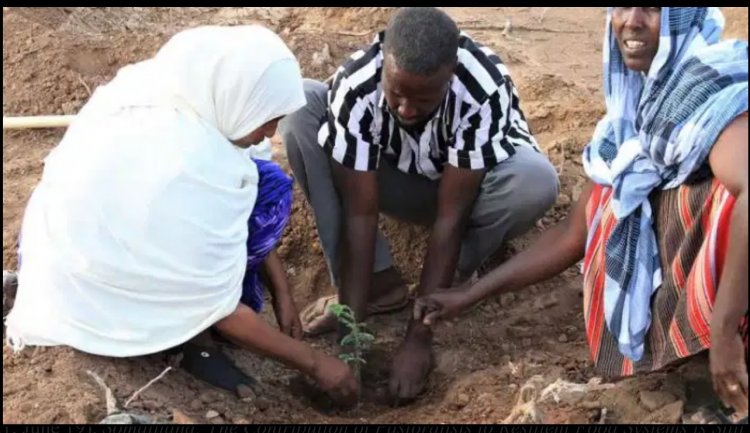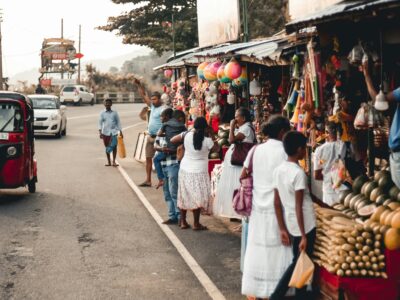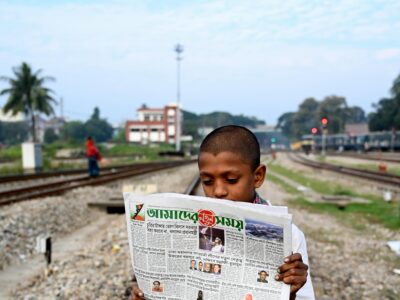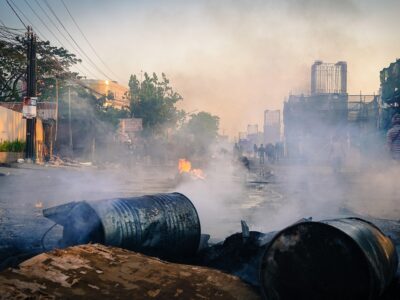Having places and regions where the food insecurity and hunger are considered epidemical, the Somaliland population suffers with this situation, especially those who live in rural areas. Besides that, climate change causes some important differences which are already noticed by the population such as deforestation, soil erosion and recurring droughts, which also contribute to the mentioned problem.








Comments